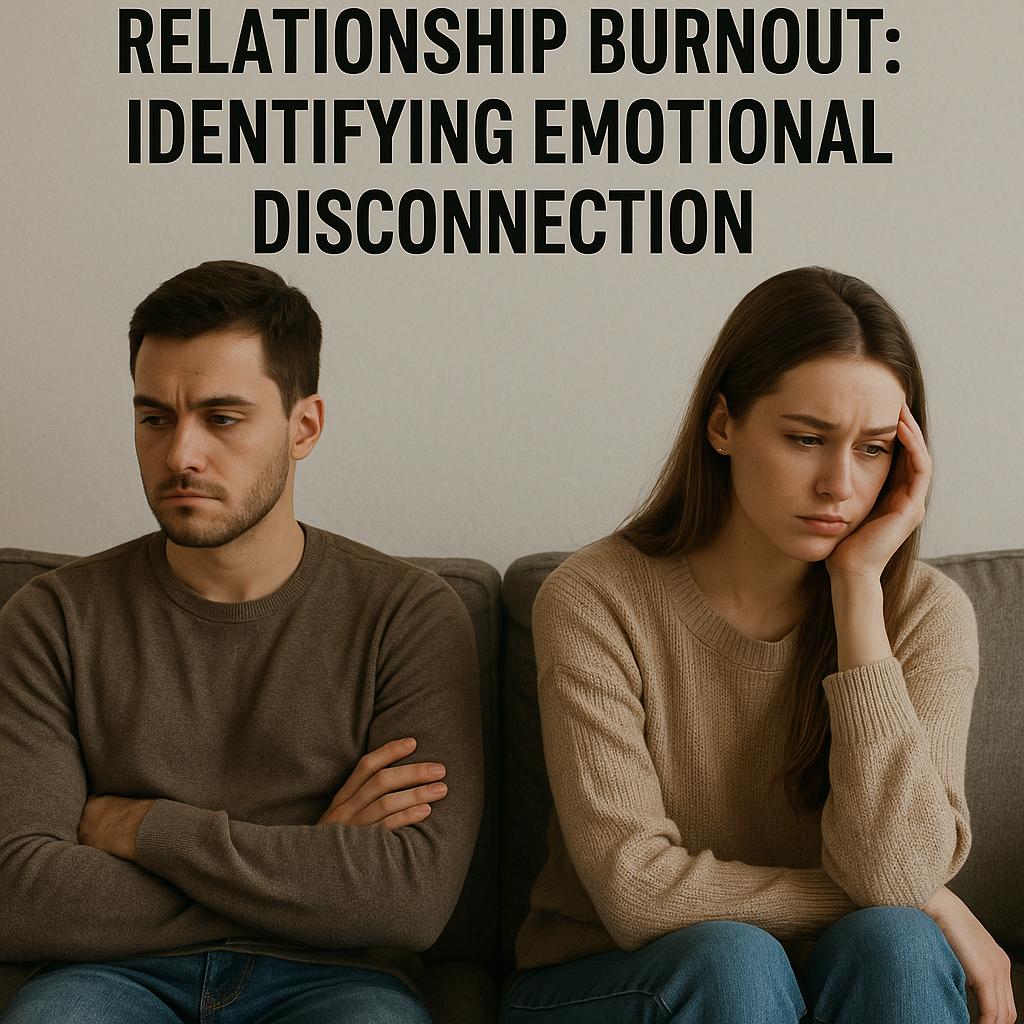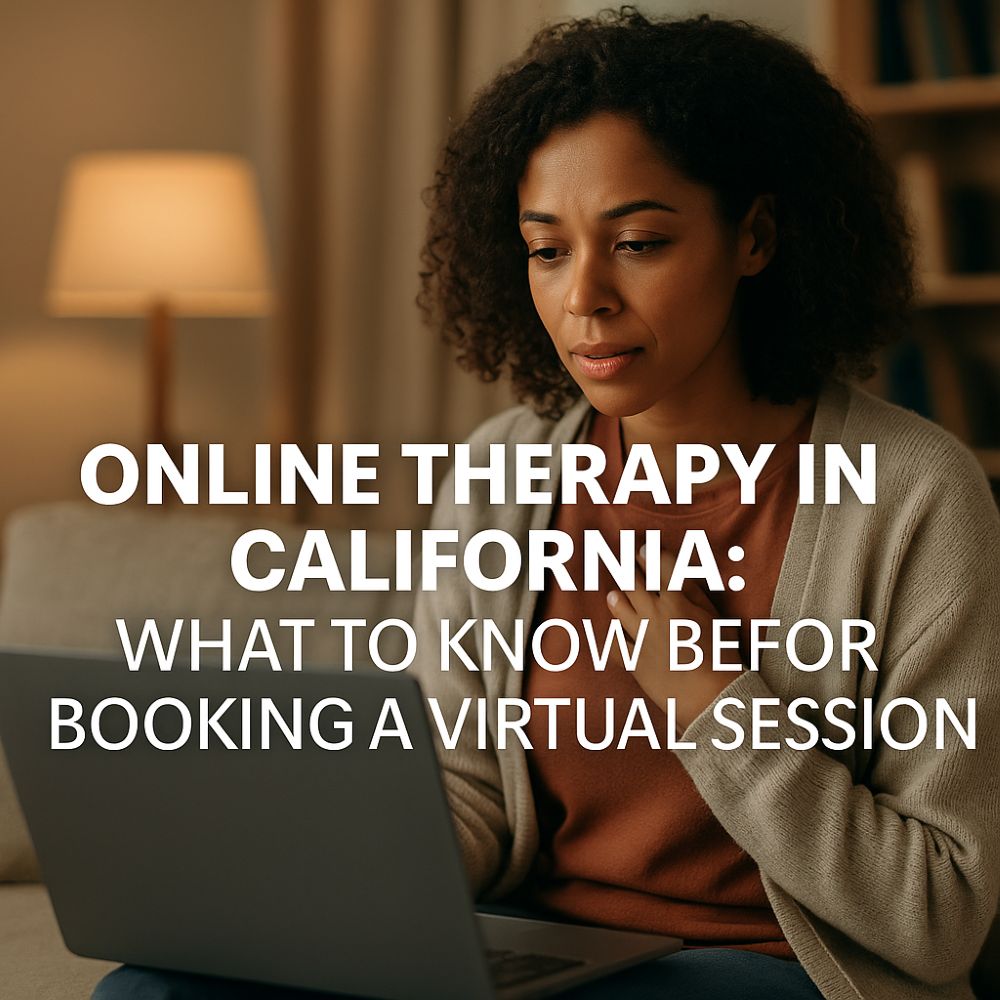Table of Contents
Imagine a relationship where communication flows effortlessly, where you feel truly heard, understood, and connected. If that feels out of reach right now, you’re not alone—and this article can show you a way forward. So, relax because you don’t need to be perfect to change your relationship; you just need a guide and a simple, proven approach to help you bridge the gaps. In this article, we’ll uncover the hidden barriers that keep you and your partner from connecting deeply. And that’s just the beginning. I’ll walk you through practical steps that can empower you to free yourself from those old destructive conversations and enjoy a more secure and lasting bond!
Let’s start by looking at some questions we’ll answer in this article:
- How do I know if communication is a problem in my relationship?
Signs of communication issues can include feeling misunderstood, frequent arguments without resolution, or hesitating to share thoughts with your partner. If these occur often, communication barriers might be present.
- What are the best ways to improve communication with my partner?
A key strategy includes active listening, by using “I” statements and setting aside regular time for meaningful conversations. Remember, effective communication also involves empathy and respecting each other’s styles.
- When should we consider couples therapy for communication issues?
If you and your partner are unable to resolve recurring communication problems or find it difficult to discuss your feelings without conflict, it may be time to seek professional help. Therapy can provide a neutral environment and expert guidance to improve your connection.
Communication is the lifeline of every thriving relationship. But let’s face it: communicating effectively can be downright challenging, even in the best partnerships. Whether you’re tackling the chaos of everyday life or dealing with misunderstandings that seem to snowball, communication barriers can leave you feeling frustrated and disconnected. In this article, we’ll identify common communication barriers that get in the way and share practical strategies for breaking them down, helping you build a more connected, understanding, and resilient relationship.
What Are Communication Barriers in Relationships?
We all know how easy it is to assume we know what our partner feels after years together. But that shortcut can backfire, causing resentment to creep in without us even realizing it.
Communication barriers like resentment are anything that obstructs or distorts the flow of understanding between two people. They can be emotional, psychological, or even environmental—and in relationships, they often stem from unspoken emotions, past hurts, or mismatched communication styles. Maybe you’ve noticed your partner clamming up during difficult conversations, or perhaps you find yourself getting defensive when certain topics come up. These reactions are signs that barriers are present, and recognizing them is the first step in healing and positive change.
Couples counseling can help identify and work through these common barriers
Common Communication Barriers
1. Assumptions and Mind-Reading
One of the most common obstacles is assuming you know what your partner is thinking or feeling without asking. Sure, it might be tempting to believe you know your partner so well that you can read their mind, but that often leads to misunderstandings and unnecessary conflicts. Instead, seek clarification. Ask questions, and don’t fill in the blanks yourself. Remember, asking is always better than assuming.
Once you’re on the same page about what’s real versus assumed, the next challenge is managing how emotions impact those crucial conversations.
2. Emotional Reactivity
When emotions are running high, clear communication can feel like a pipe dream. Reactivity—whether it’s yelling, shutting down, or withdrawing—keeps conversations from being productive. Taking a pause when you notice emotions spiraling can be a game-changer. This sense of “timeout” gives both partners the chance to cool off before diving back into the discussion. Taking an emotional pause creates space for discussions that are grounded and constructive rather than explosive.
With emotions in check, let’s examine the deeper reason many of us hold back—the fear of being truly seen and vulnerable.
3. Fear of Vulnerability
Have you ever been in the middle of a heated discussion and suddenly felt your walls going up? It’s common to protect and shield ourselves in the moment, especially when emotions run high. But sometimes, those protective walls become our prison, isolating us from the empathy we need most.
We all know that opening up about your true thoughts and feelings can feel like a risky leap. The fear of being judged, misunderstood, or even rejected can lead to hiding or sugar-coating how you really feel. But vulnerability is the bedrock of intimacy. Practicing vulnerability—sharing insecurities and fears—may feel uncomfortable at first, but it’s essential for creating a deep bond.
The last two decades of meeting with clients in therapy have taught me that being emotionally open and attuned to each other is key to reshaping a love relationship, and it all starts with having the courage to be vulnerable.
Building the courage to open up is a powerful step, but without recognizing your unique communication style, simple talks can still hit unexpected roadblocks.
4. Differences in Communication Styles
Each person has a unique communication style—some prefer to talk things through right away, while others need time to process before responding. One partner might value directness, while the other opts for a gentler approach. These differences can easily lead to frustration if they go unacknowledged. By recognizing and respecting each other’s styles, you can bridge the gap and reduce misunderstandings. Instead of trying to change each other, aim to adapt and find a balance.
When you’re both working to understand each other’s styles, outside pressures can still sneak in, affecting even the best intentions.
5. External Stressors
Lastly, external stressors such as work pressures or family issues can also impact your ability to communicate effectively. When you’re overwhelmed, it’s easy to become short-tempered or withdrawn, making it difficult to engage in meaningful conversations. By identifying and addressing these pressures together, you can support each other with more compassion, transforming challenges into opportunities for a stronger, more resilient connection.
With life’s stressors accounted for, let’s explore one final aspect—being mindful of the small triggers that often spark big emotions.
Why Am I So Bad at Communicating in a Relationship?
Feeling like you’re bad at communicating in a relationship is more common than you might think. Often, this perception stems from a combination of personal insecurities and past experiences that shape how we express ourselves. You might find yourself struggling to articulate your thoughts or emotions, fearing judgment or rejection from your partner. This fear can lead to bottling up feelings, which only compounds the issue. Recognizing these patterns is the first step toward improvement. By understanding that communication is a skill that can be developed, you can begin to work on expressing yourself more openly and effectively.
Here are 4 communication problems many couples face—and how to fix them.
Reducing Communication Barriers with Simple Strategies
If any of the barriers listed above sound familiar, you’re not alone. Many couples face these exact challenges. The good news? These roadblocks aren’t permanent. So, let’s dive into some practical strategies to overcome them and create healthier communication patterns in your relationship.
1. Practice Active Listening
Active listening is more than just hearing words—it’s about understanding the intent and emotion behind them. The key is to show that you’re fully present in the conversation. So, put away distractions, make eye contact, and nod to show you’re engaged. Reflect back on what you’ve heard by summarizing or repeating key points. Not only does this demonstrate empathy, but it also sends an unspoken yet reassuring message to your partner: “I hear you… You matter to me… You’re important to me… You have emotional access to me right here, right now, at this moment!”
Tip: Think back to a recent conversation—did you feel like you truly listened to your partner, or were you already preparing your response? What might change if you gave your partner the gift of active listening with your undivided attention?
Once you’ve listened fully, how you respond matters just as much. This is where a simple shift from “you” statements to ‘I’ statements can be a game-changer!
2. Use “I” Statements
Instead of using phrases that come across as blaming—like “You never listen to me, “for example—try reframing them as an “I” statement: “I feel unheard when we don’t discuss important things.” This subtle shift invites your partner. In other words, “I” statements focus on your emotions rather than pointing fingers, reducing defensiveness and making your partner more open to understanding your perspective.
Tip: When you’ve felt misunderstood, have you noticed how it affects the way you express yourself? How might it feel to share your feelings without blame or criticism, allowing your partner to hear your heart rather than feeling interrogated and defensive?
3. Make Time for Meaningful Conversations
In our hectic lives, it’s easy to let meaningful conversations fall by the wayside. The key is to make a point of setting aside dedicated time each week to check in with your partner. It doesn’t have to be a formal sit-down—even a walk around the block or a coffee date without distractions can work wonders. Use these moments to talk about more than just the day-to-day. Discuss your feelings, hopes, and any concerns that are weighing on you. As Steve often advises, having a supportive and warm zone to open up in can make all the difference.
Tip: Reflect on the last time you and your partner had a heart-to-heart that wasn’t interrupted by life’s busyness. Imagine carving out a moment like that each week—what might it do for connection and a deeper sense of peace in your relationship?
4. Embrace Vulnerability Together
Let’s remember that vulnerability fosters real and authentic closeness. While it might feel awkward at first, creating a safe space for honest conversations will strengthen your bond over time. The key is to approach these moments without judgment and encourage each other to share, even if the topic feels a bit thorny. This approach helps cultivate trust, which is at the core of every lasting relationship.
Tip: Consider the moments when you’ve hesitated to share something deeply personal. What fears held you back? And… what would it mean to let your partner in on those hidden thoughts and feelings?
5. Learn Each Other’s Triggers
It’s no secret that everyone has certain topics or phrases that can trigger strong emotions. Knowing what sets your partner off helps you approach these conversations with greater awareness, increased sensitivity, and much more confidence. If a subject is sensitive, acknowledge it upfront and approach it gently. This level of empathy shows respect for your partner’s feelings and reinforces that you want to create a safe and supportive dialogue.
Tip: Do you know what topics or phrases make your partner feel vulnerable or defensive? How could acknowledging these triggers allow you both to approach sensitive topics with more empathy and acceptance?
6. Manage Stress Together
When external stress starts seeping into your relationship, it’s time to band together. So, join forces and try to Identify what’s causing the most tension and brainstorm ways to ease it. It could mean setting better boundaries at work, planning a relaxing weekend together, or simply being a sounding board for each other. Tackling stress as a team can turn a potential strain into a bonding experience, reinforcing that you’re in this together.
Tip: When life’s pressures start to build up, how do you tend to react toward each other? What if, instead of going it alone, you leaned on each other to lighten the load?
Now that you’re aware of these barriers to communication, it’s time to turn knowledge into action with simple, effective strategies that bring lasting change.
Recognizing Progress
It’s easy to focus on what’s not working and overlook the progress you’re making. Celebrating small wins—like successfully navigating a difficult conversation without becoming defensive or feeling closer after sharing something vulnerable—is crucial. Growth is a gradual process, and recognizing these small victories helps keep you motivated to continue improving communication.
When to Seek Professional Help
If communication barriers persist and seem impossible to overcome, it might be time to seek professional support. Couples therapy provides a neutral space to explore issues with the guidance of a trained professional. A therapist can help uncover patterns, identify deeper issues, and provide effective strategies for improvement. Remember, seeking help is not a sign of failure—it’s a proactive move that shows you’re both committed to making your relationship stronger. My approach to emotionally focused therapy is all about creating a secure and lasting bond, and that’s something that benefits every couple, no matter where they are in their journey.
If you’re ready to take that next step, In Touch Family Counseling is here to help. Steve Cuffari provides compassionate, evidence-based support for couples looking to overcome communication barriers and create a healthier, more fulfilling relationship. Contact us today to schedule a free clarity call and start your journey toward a more connected partnership.
You Can Have Better Communication
Breaking down communication barriers is not an instant fix. It takes patience, effort, and empathy. By actively listening, embracing vulnerability, and understanding each other’s distinct communication styles, you can build a deeper and more meaningful connection. Relationships are like gardens—they thrive when nurtured with love, care, and attention. With these tools, you can transform the way you communicate and cultivate a partnership that is resilient, empathetic, and truly fulfilling.
In conclusion, every small step you take to improve communication is a gift to your relationship. Remember, change doesn’t happen overnight, but the effort you put in today can build the foundation for years to come!
Links and Resources
- Lack of Communication in a Relationship: Causes and Solutions
https://www.choosingtherapy.com/lack-of-communication-in-a-relationship/ - The Power of Communication in a Relationship
https://healingcollectivetherapy.com/resources/power-of-communication-in-a-relationship - Therapy Insight: Lack of Communication in Relationships
https://www.spacebetweencounselingservices.com/therapy-insight/lack-of-communication-in-relationships







